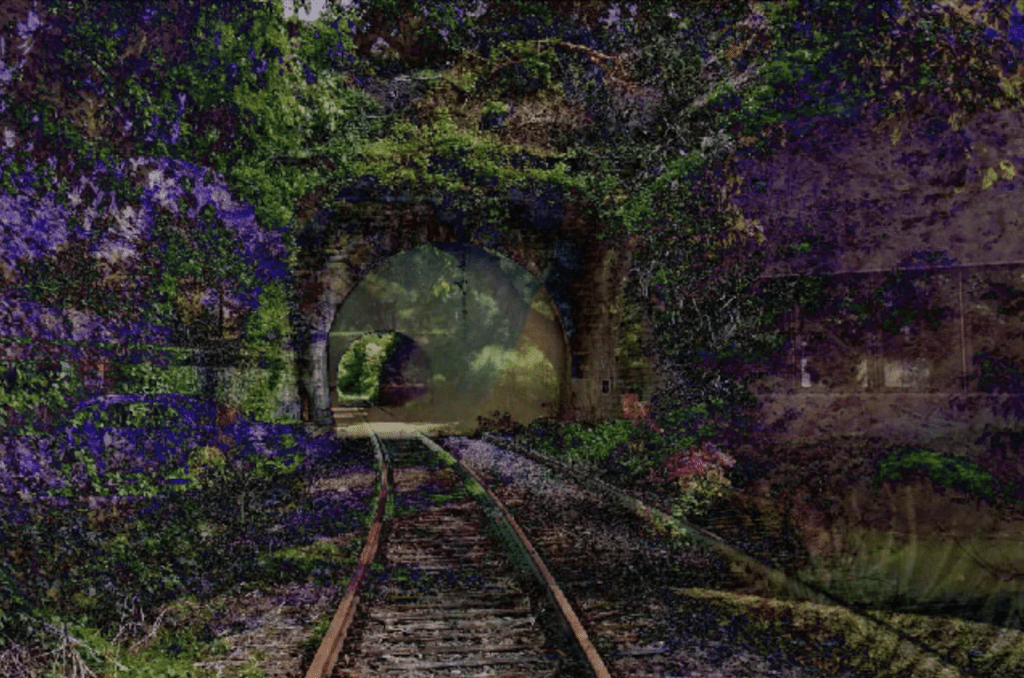A district court in the District of Columbia has held that artwork created by artificial intelligence (“AI”) is not eligible for copyright protection, thereby, confirming a decision from the U.S. Copyright Office (“USCO”) to deny a copyright registration for a two-dimensional work created by an AI program. On the heels of the Copyright Office refusing to green-light DABUS inventor Stephen Thaler’s application to register an AI-created artwork, which prompted Thaler to file suit against the USCO and Register Shira Perlmutter, Judge Beryl A. Howell of the U.S. District Court for the District of Columbia stated in a newly-issued decision that U.S. copyright law “protects only works of human creation,” and AI-generated creations fall outside of such bounds.
Setting the stage in her August 18 memorandum opinion, which follows from the parties’ filing of cross-motions for summary judgment, Judge Howell said that the case centers exclusively on “the legal issue of whether a work autonomously generated by an AI system is copyrightable.” In considering Thaler’s application for a copyright registration for the artwork, “A Recent Entrance to Paradise,” which Thaler represented as being created without any human involvement, the court noted that the USCO concluded that “this particular work will not support a claim to copyright” because the work “lack[s] human authorship and thus, no copyright existed in the first instance.” The USCO “did not err in denying the copyright registration application presented by [Thaler],” according to the court, as U.S. copyright law “protects only works of human creation.”
While Thaler “correctly observes that throughout its long history, copyright law has proven malleable enough to cover works created with or involving technologies developed long after traditional media of writings memorialized on paper,” Judge Howell stated that there has, nonetheless, “been a consistent understanding that human creativity is the sine qua non at the core of copyrightability, even as that human creativity is channeled through new tools or into new media.” At the same time, “Copyright has never stretched so far as to protect works generated by new forms of technology operating absent any guiding human hand, as plaintiff urges here.”
The plain text of the Copyright Act says as much, the court maintained, with the plain text of the Copyright Act of 1976 Act providing copyright protection to “original works of authorship fixed in any tangible medium of expression, now known or later developed, from which they can be perceived, reproduced, or otherwise communicated, either directly or with the aid of a machine or device.” As such, the judge held that the Copyright Act requires that “a copyrightable work to have an originator with the capacity for intellectual, creative, or artistic labor.”
Must that originator be a human being to claim copyright protection? “The answer is yes,” Judge Howell asserted, noting that “the understanding that authorship’ is synonymous with human creation has persisted even as the copyright law has otherwise evolved.”
With the foregoing in mind, the court determined that the USCO was “correct in denying copyright registration for a work created absent any human involvement,” and denied Thaler’s motion for summary judgment – and granted the USCO’s motion – as a result.
Reflecting on the case at hand as a whole, the court found that it is “not nearly [as] complex” as some of the other issues that are currently being raised as a result of the rise of AI. “Undoubtedly, we are approaching new frontiers in copyright as artists put AI in their toolbox to be used in the generation of new visual and other artistic works,” per Judge Howell. Referring to generative AI, in particular, the judge claimed that “the increased attenuation of human creativity from the actual generation of the final work will prompt challenging questions regarding how much human input is necessary to qualify the user of an AI system as an ‘author’ of a generated work, the scope of the protection obtained over the resultant image, how to assess the originality of AI-generated works where the systems may have been trained on unknown pre-existing works, how copyright might best be used to incentivize creative works involving AI, and more.”
Counsel for Thaler said that they “disagree with the court’s interpretation of the Copyright Act,” and plan to appeal.
The case is Stephen Thaler v. Shira Perlmutter, et al., 1:22-cv-01564 (DDC).











